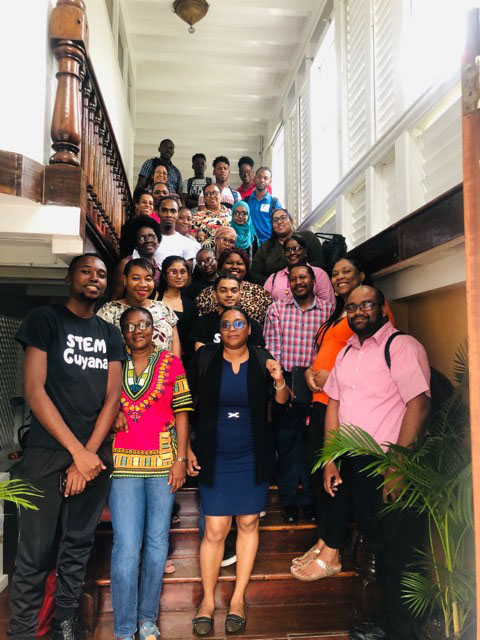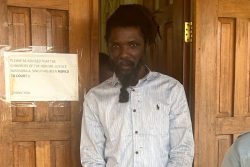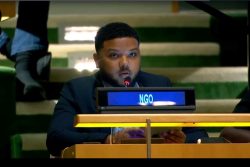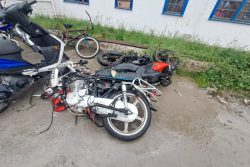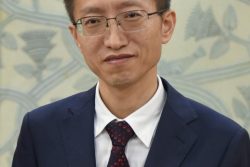On the heels of its continued success, STEM-Guyana has responded to requests from parents, teachers, civil society leaders and others to initiate an robotics education programmes for adults.
“What we have found is that many adults are still confused about robots, STEM and the implications for their children and organizations as national and regional development increasingly requires 21st century technology education preparation for our nation’s children”, Karen Abrams, Executive Director of STEMGuyana, said.
Abrams went on to add that if parents and influencers are not educated about the technology education space, they just won’t see it as a priority for their children and employees. The consequence of that will mean that a technology divide will emerge, where historically disadvantaged segments of society will continue to be left behind, while those who prepare themselves and their children today gain all of the advantages tomorrow.
As a result, the organisation kicked off the 10 week roadshow on February 11th, with a one-day “Robotics For Adults” workshop, where 25 adults engaged in a hands-on programme to learn about the global environment for technology, the implications for Guyana given our new economic dispensation, robot systems and how to build and programme robots.
The upcoming schedule includes another workshop in Region 4, tomorrow at the Cliff Anderson Sports Hall, from 10 am to 3pm. The roadshow will then move into Region 10 on February 19th, Region 6 on February 26th, Region 3 on March 4th, and Region 5 on March 11th. A special roadshow is being planned for regions 1,2,7,8 and 9 in March and will be announced shortly.
Since the introduction of STEM technology education for children in Guyana by STEMGuyana, the media coverage has increased and more public and private entities seem to be looking to create their own programmes. Abrams welcomes the new interest and believes all participation is good but hopes to see increased collaboration among participants in the space. Abrams added, “in today’s technology world, it has become even more important to prepare Guyana’s children for the future and although STEMGuyana receives no consistent funding, the organization has managed to work with partner organizations like the Department of Youth to bring technology education to underserved communities, resulting in the creation of more than seventy STEM clubs across nine regions of Guyana. We need more support because we already have the infrastructure in place and a network of more than 70 young people across the country who are learning valuable skills which they pass on to children in their communities and they should be rewarded.”
Abrams further added that managing and growing STEMGuyana has been rewarding because she believes that teaching robotics to young students throughout their schooling can increase their ability to be creative and innovative thinkers and more productive members of society and all of Guyana will benefit from the investments being made in Guyanese children today. For more information, email or register online via the organisation’s Facebook page.
